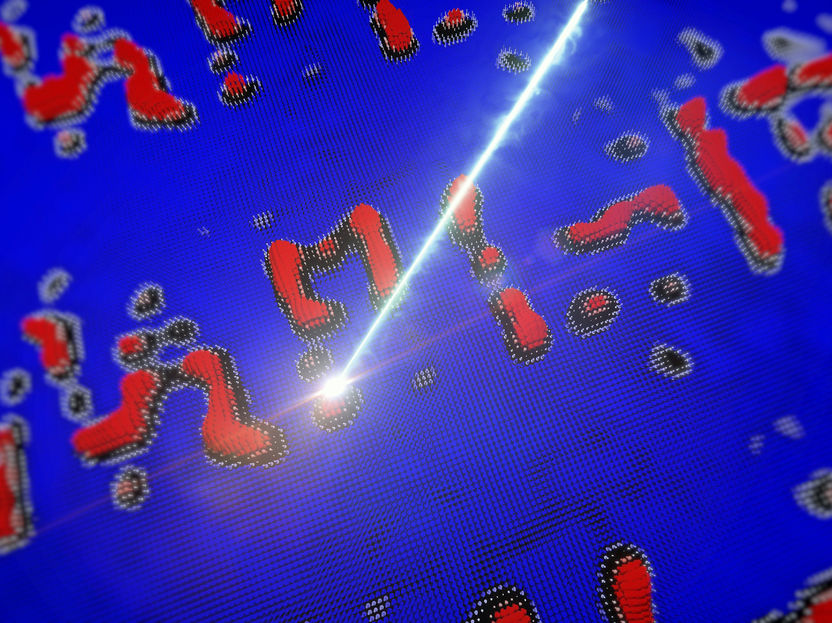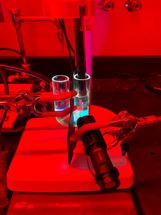GE Positions New LNP VERTON Compounds as Alternatives to Short-Glass Products and Metals in Demanding Applications
GE Advanced Materials, plastics introduced two new grades of its glass-reinforced LNP VERTON polybutylene-terephthalate (PBT) compound as alternatives to competitive short-fiber glass-filled PBT, polypropylene (PP) and nylon resins. LNP VERTON WF-7007 compound, with a 35% long glass-fiber loading, and LNP VERTON WF-700-10 compound, with a 50% loading, deliver enhanced toughness, strength, and stiffness at wide temperature extremes. These properties, combined with light weight and exceptional UV and corrosion resistance, make the two new compounds excellent candidates for metal replacement in an array of outdoor applications, as well as for a variety of automotive, electrical, and consumer components where exceptional toughness and durability are required.
The use of long glass fibers instead of traditional short fibers enhances the performance and appearance of LNP VERTON WF compounds in several important ways. The low moisture absorption rate of these fibers helps improve the dimensional stability of molded parts, especially in exterior environments. Long glass fibers further help contribute to excellent impact resistance and flexural modulus and also enhance part appearance by minimizing the migration of fiber ends to the surface of injection-molded parts. Further, by delivering high performance in demanding applications that exceed the capability of short glass-fiber-reinforced resins, LNP VERTON WF compounds can help to reduce costs through part consolidation.
The new LNP VERTON WF compounds have been engineered to help meet the growing demand for materials that can replace metal while offering greater design freedom, lower cost, and lighter weight. Manufacturers looking for new ways to differentiate their products through design or performance - or to reduce costs through part consolidation or simplified assembly and/or finishing - can benefit from the performance characteristics of these new GE products.
Topics
Organizations
Other news from the department research and development

Get the chemical industry in your inbox
By submitting this form you agree that LUMITOS AG will send you the newsletter(s) selected above by email. Your data will not be passed on to third parties. Your data will be stored and processed in accordance with our data protection regulations. LUMITOS may contact you by email for the purpose of advertising or market and opinion surveys. You can revoke your consent at any time without giving reasons to LUMITOS AG, Ernst-Augustin-Str. 2, 12489 Berlin, Germany or by e-mail at revoke@lumitos.com with effect for the future. In addition, each email contains a link to unsubscribe from the corresponding newsletter.
Most read news
More news from our other portals
Last viewed contents
Robert_M._Place

Color pigments from Krefeld-Uerdingen have been making the world a more colorful place for 90 years - World’s biggest iron oxide plant has manufactured more than 13 million metric tons of color pigments since 1926
Undersea_and_Hyperbaric_Medical_Society





























































